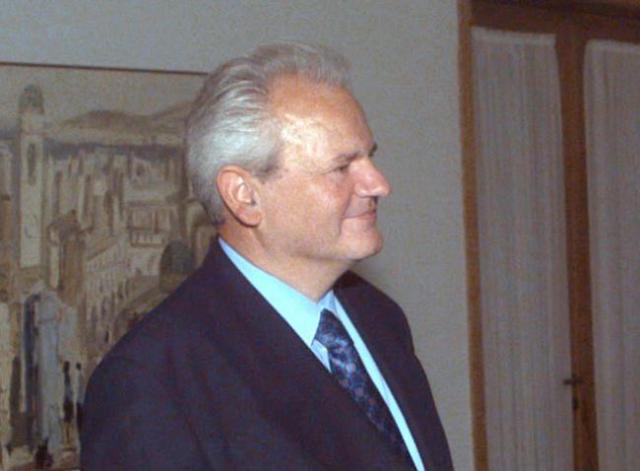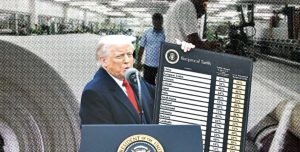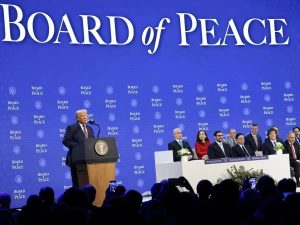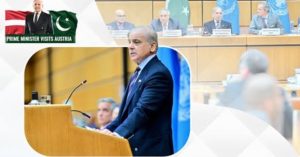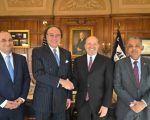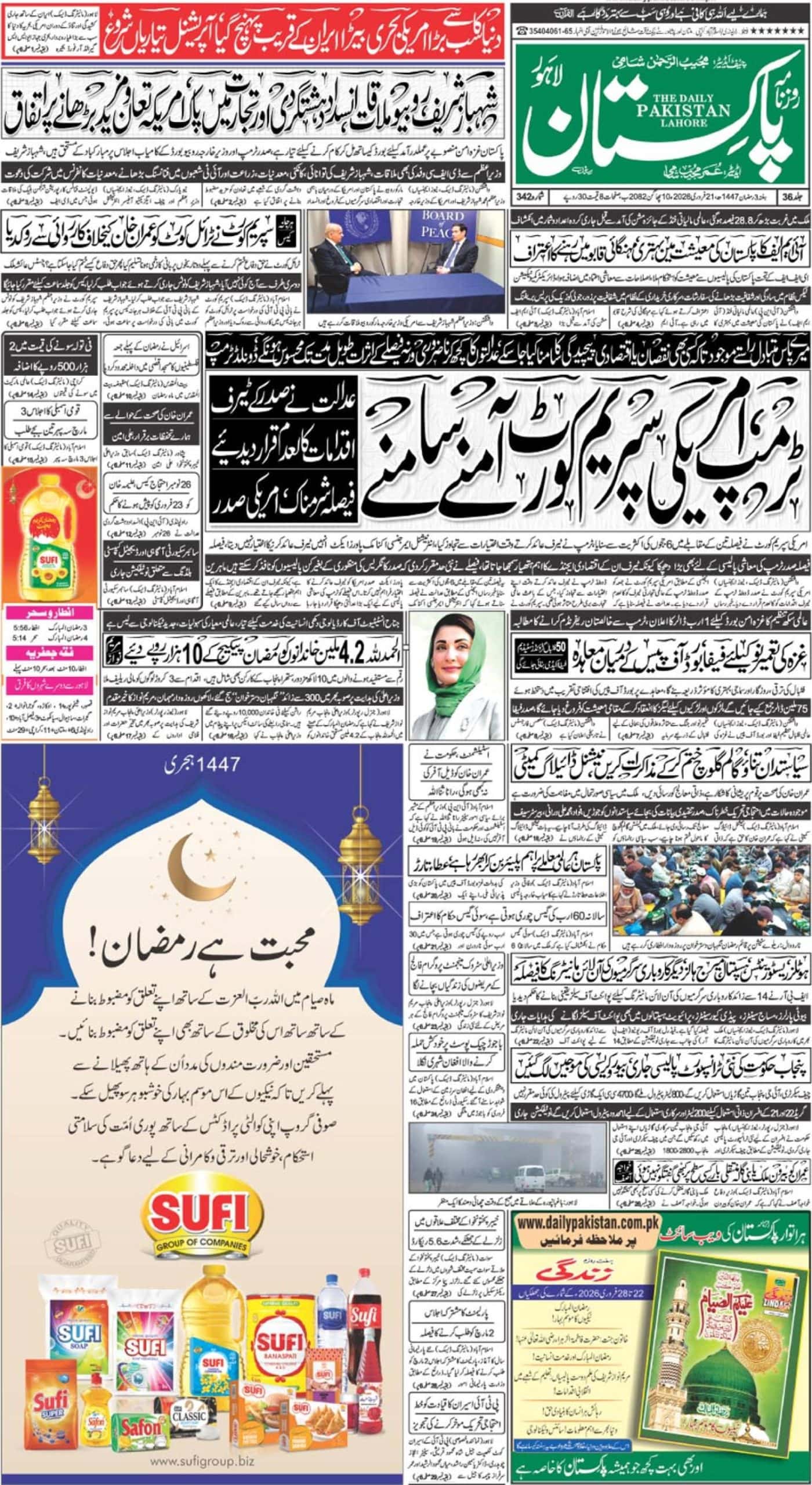The International Criminal Tribunal for the Former Yugoslavia (ICTY) in The Hague has passed the verdict stating that the late Serbian president Slobodan Milosevic was not responsible for war crimes committed during the 1992-95 Bosnian war.
The trial chamber that convicted former Bosnian-Serb president Radovan Karadzic of war crimes and sentenced him to 40 years in prison, unanimously concluded that Slobodan Milosevic was not part of a “joint criminal enterprise” to victimize Muslims and Croats during the Bosnian war.
The March 24th Karadzic judgment states that “the Chamber is not satisfied that there was sufficient evidence presented in this case to find that Slobodan Milosevic agreed with the common plan” to permanently remove Bosnian Muslims and Bosnian Croats from Bosnian Serb claimed territory.
The Karadzic trial chamber found that “the relationship between Milosevic and the Accused had deteriorated beginning in 1992; by 1994, they no longer agreed on a course of action to be taken. Furthermore, beginning as early as March 1992, there was apparent discord between the Accused and Milosevic in meetings with international representatives, during which Milosevic and other Serbian leaders openly criticised Bosnian Serb leaders of committing ‘crimes against humanity’ and ‘ethnic cleansing’ and the war for their own purposes.”
The judges noted that Slobodan Milosevic and Radovan Karadzic both favored the preservation of Yugoslavia and that Milosevic was initially supportive, but that their views diverged over time. The judgment states that “from 1990 and into mid-1991, the political objective of the Accused and the Bosnian Serb leadership was to preserve Yugoslavia and to prevent the separation or independence of BiH, which would result in a separation of Bosnian Serbs from Serbia; the Chamber notes that Slobodan Milosevic endorsed this objective and spoke against the independence of BiH.”
The Chamber found that “the declaration of sovereignty by the SRBiH Assembly in the absence of the Bosnian Serb delegates on 15 October 1991, escalated the situation,” but that Milosevic was not on board with the establishment of Republika Srpska in response. The judgment says that “Slobodan Milosevic was attempting to take a more cautious approach”
The judgment states that in intercepted communications with Radovan Karadzic, “Milosevic questioned whether it was wise to use ‘an illegitimate act in response to another illegitimate act’ and questioned the legality of forming a Bosnian Serb Assembly.” The judges also found that “Slobodan Milosevic expressed his reservations about how a Bosnian Serb Assembly could exclude the Muslims who were ‘for Yugoslavia’.”
The judgment notes that in meetings with Serb and Bosnian Serb officials “Slobodan Milosevic stated that ‘all members of other nations and ethnicities must be protected’ and that ‘[t]he national interest of the Serbs is not discrimination’.” Also that “Milosevic further declared that crime needed to be fought decisively.”
The trial chamber notes that “In private meetings, Milosevic was extremely angry at the Bosnian Serb leadership for rejecting the Vance-Owen Plan and he cursed the Accused.” They also found that “Milosevic tried to reason with the Bosnian Serbs saying that he understood their concerns, but that it was most important to end the war.”
The judgment states that “Milosevic also questioned whether the world would accept that the Bosnian Serbs who represented only one third of the population of BiH would get more than 50% of the territory and he encouraged a political agreement.”
At a meeting of the Supreme Defense Council the judgment says that “Milosevic told the Bosnian Serb leadership that they were not entitled to have more than half the territory in BiH, stating that: ‘there is no way that more than that could belong to us! Because, we represent one third of the population. We are not entitled to in excess of half of the territory – you must not snatch away something that belongs to someone else! How can you imagine two thirds of the population being crammed into 30% of the territory, while 50% is too little for you?! Is it humane, is it fair?!’”

